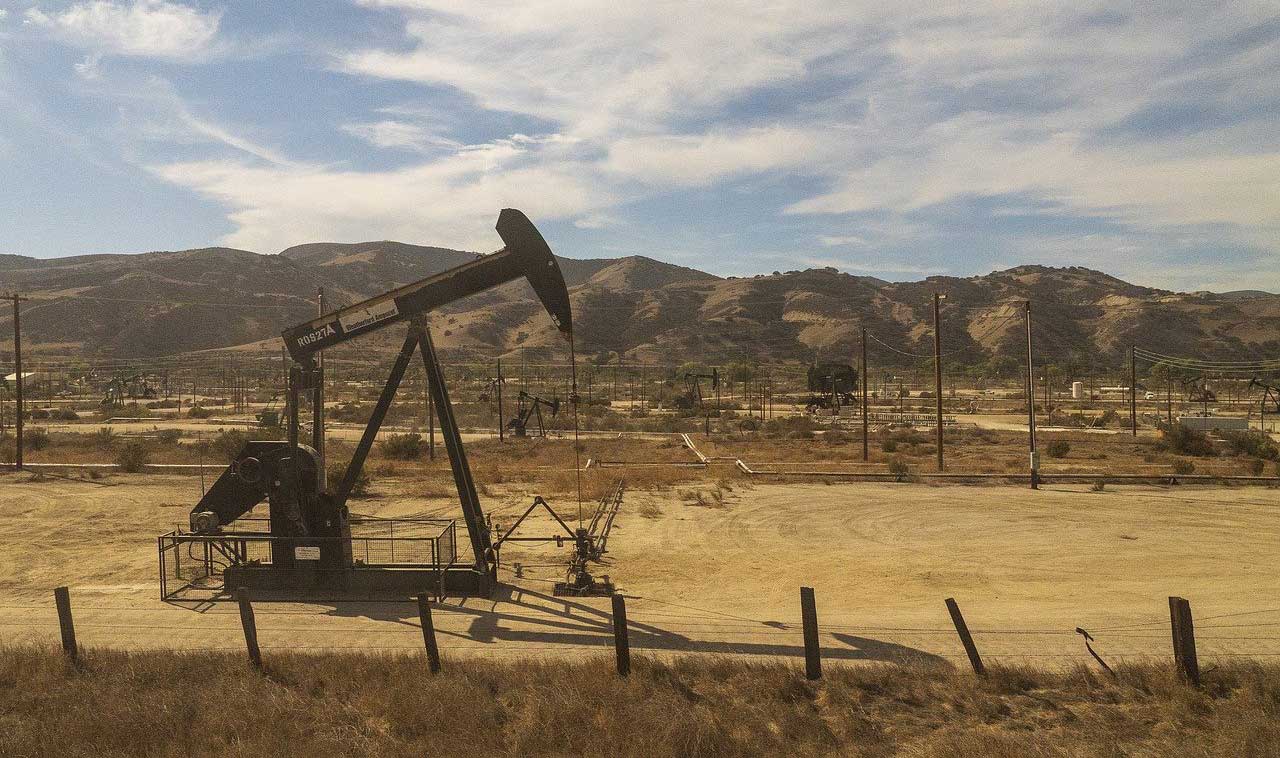Challenges of Oil fracking and in the modern world
Petrochemical

In the evolving energy landscape, oil fracking (or hydraulic fracturing) has played a pivotal role in enhancing energy independence. However, its environmental, social, and economic implications remain contentious. As markets navigate the delicate balance between energy demand and sustainable practices, understanding the challenges of fracking is essential. Here’s a closer look at the key issues:
1. Environmental Impact
• Water Contamination: Fracking requires large quantities of water mixed with chemicals, which can lead to contamination of groundwater if not managed properly. Leaks or spills from wastewater can impact local ecosystems and drinking water sources.
• Air Pollution: The process emits pollutants such as methane and volatile organic compounds (VOCs). Methane, a potent greenhouse gas, exacerbates climate change, while VOCs can affect air quality and public health.
• Soil Degradation: Fracking sites can disrupt natural landscapes, leading to soil erosion and reduced land quality for agricultural or natural purposes.
2. Water Usage and Scarcity
• Fracking uses millions of gallons of water per well, which can be a significant strain on local water supplies, especially in arid or drought-prone areas. Competing with local needs for agriculture and human consumption, water usage in fracking can exacerbate shortages.
3. Induced Seismic Activity (Earthquakes)
• The injection of wastewater from fracking into deep disposal wells has been linked to increased seismic activity. This phenomenon, known as induced seismicity, has led to earthquakes in regions that are not naturally earthquake-prone, posing a risk to infrastructure and communities.
4. Public Health Concerns
• Communities near fracking sites often report higher rates of respiratory illnesses, skin conditions, and other health issues due to exposure to air and water pollutants. Additionally, noise pollution from drilling operations can disrupt daily life and mental well-being.
5. Impact on Climate Change
• While natural gas (a product of fracking) is sometimes considered a “bridge fuel” with lower carbon dioxide emissions than coal, methane leaks during extraction, transportation, and storage can offset this benefit. Methane is significantly more effective at trapping heat in the atmosphere than CO2, contributing to global warming.
6. Economic Volatility and Dependency
• Regions that rely on fracking for economic growth are vulnerable to fluctuations in oil prices. When prices drop, it can lead to sudden job losses, economic downturns, and community instability.
7. Regulatory Challenges
• Fracking regulations vary widely by country and state, leading to inconsistent environmental protections and enforcement. This variation can create legal challenges, especially as local communities push for bans or stricter regulations, sometimes leading to conflicts between state and municipal governments.
8. Community and Social Disruption
• Fracking operations often bring an influx of temporary workers, which can strain local resources, infrastructure, and housing markets. Additionally, residents may experience reduced property values and disrupted quality of life due to noise, pollution, and increased industrial activity.
9. Waste Disposal and Management
• Fracking produces large amounts of wastewater, which can contain radioactive materials and heavy metals. Safe disposal of this waste is challenging and costly, and mishandling can have long-lasting environmental consequences.
10. Transition to Renewable Energy
• With the global push for clean energy, the expansion of fracking is seen as contradictory to long-term climate goals. While fracking has boosted short-term energy independence, investing in fracking infrastructure may divert resources from renewable energy development, potentially slowing down the transition to a low-carbon economy.
Final Thoughts: Navigating the Fracking Debate in Modern Energy Markets
Fracking has allowed for significant energy production but brings with it a wide range of environmental, social, and economic challenges. The debate around its benefits and risks is central to modern energy policy, with growing calls for stricter regulation, improved technology, and a stronger shift toward renewable alternatives.
Published - Wed 15 Mar 2023 by Petrochemical Market Insights Team